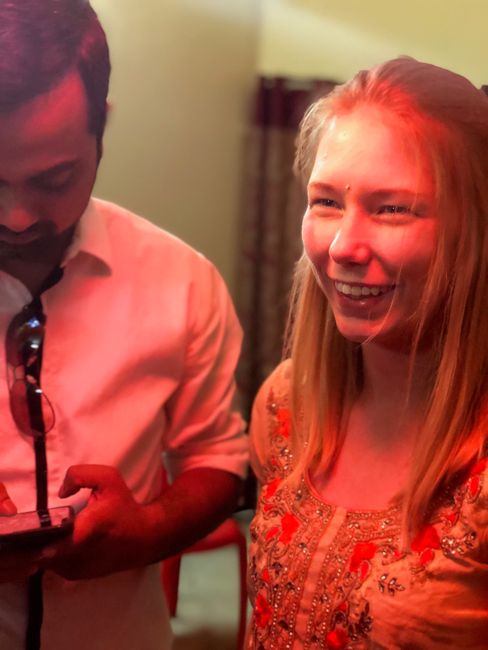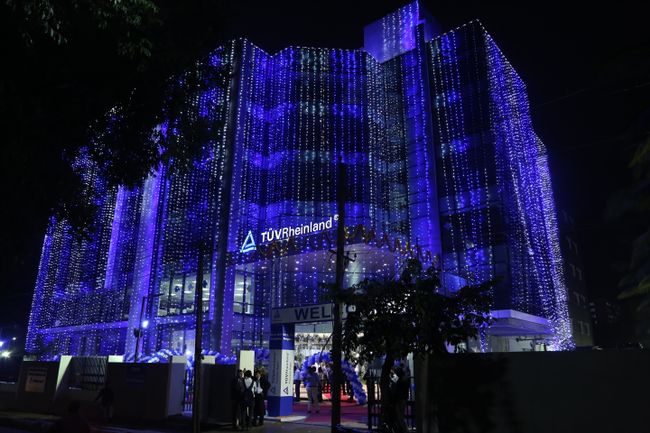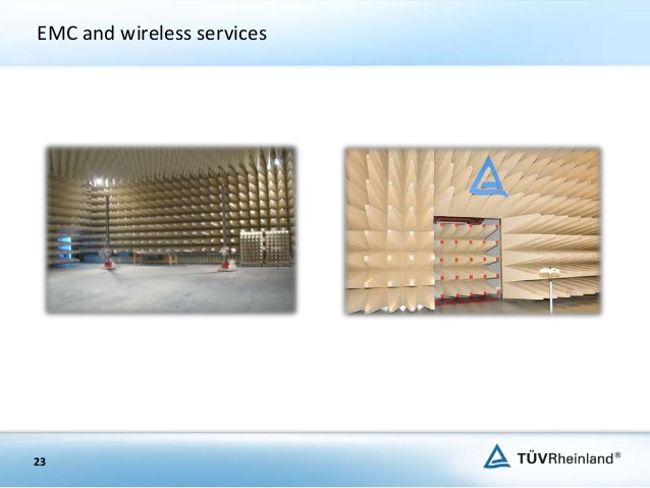TUV in India?
已发表: 27.01.2018
订阅时事通讯
The reaction is usually always the same when I tell people where I work. 'What does the TUV do in India?'
Well, actually we do quite a lot.
Bangalore is our headquarters in India and most of our laboratories are located here (we have a total of 11 laboratories). We are active in various areas, but we don't do what the TUV in Germany is known for (car inspection and driver's licenses). Here, we test products like batteries (from laptops or smartphones) or photovoltaic panels. They are exposed to various environmental influences in specific chambers (cold, heat, vibrations, shocks, etc.) and pass the test if they do not explode or show any other damages. The PV panels are "shot" with artificial hailstones. We also test textiles and clothing: How 'easy' is it to tear off a button from a sweater? How does the color of clothes change after a certain number of washes? Do the clothes shrink? In the same laboratory, there is a substance that is essentially chemical saliva. It is used to see if children's toys, stuffed animals, or security blankets release substances when children put them in their mouths. The most impressive laboratory is the so-called EMC Lab. Here, the compatibility of products such as medical devices or cars with electromagnetic radiation is tested. For example, a pacemaker should not be affected by electromagnetic waves from a smartphone and should maintain its functionality permanently.
That should give you a little overview of what the TUV does. And this is not intended to be an advertisement, haha. But so many people always ask me. Well, since I'm not an engineer, I work in the office, in management, and not in the laboratory :D
订阅时事通讯
回答 (1)
Tobias
Also TÜV e-learning sollte gaaaaaz schnell auch groß dort aufgezogen werden. Mit dem passenden Büroleitern/innn bestimmt kein Problem ;-)


